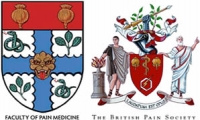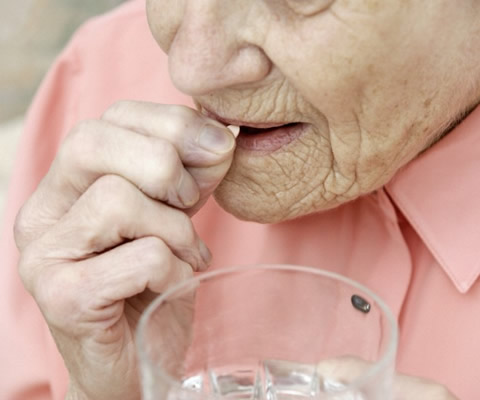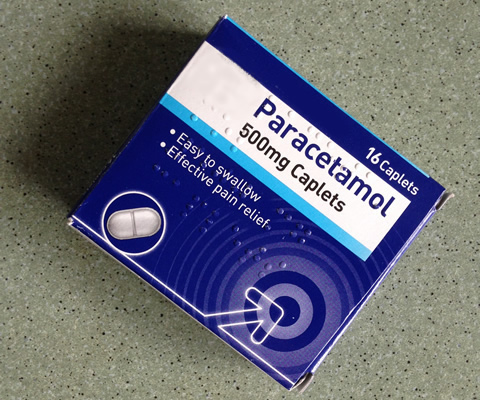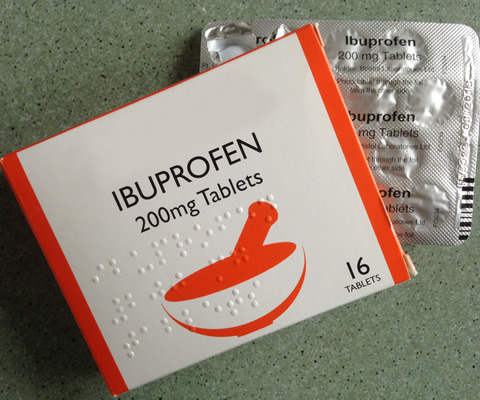Medications and Older Adults course



This session describes the physiological changes that occur with ageing and the effects these changes have on the handling of analgesic medicines.
Learning Objectives
By the end of this session you will be able to:
- Describe the physiological changes of ageing that alter drug handling
- Outline the effect of physiological changes on the handling of paracetamol and NSAIDs in older people
- Explain the clinical relevance of pharmacological differences between different opioids in older people
- Describe the considerations when choosing pharmacological treatments for neuropathic pain in older people
- Identify topical treatments for pain that may be effective for older people
Pain is a common symptom for many older people, who often have other conditions or illnesses and take multiple medicines. Safe prescribing of analgesics in older people is complex due to changes in how the body handles medicines, other medical conditions, polypharmacy and variability in response.
Roger completed his pre-registration training in the pharmaceutical industry and hospital pharmacy. He originally came to Nottingham to study for a doctorate in opioid pharmacology where his interest in pain management began.
For nearly ten years, Roger’s main role was to provide a clinical pharmacy service to the Anaesthetics directorate and to contribute to clinical activity of the multidisciplinary Pain Management Service. In September 2011, he was appointed to a new clinical academic position that provides teaching and research opportunities whilst maintaining regular clinical practice.
Roger is chair of the United Kingdom Clinical Pharmacy Association Pain Management Group. He was co-opted to the Council of The British Pain Society for several years before becoming and elected Council Member in 2011. He represents the Royal Pharmaceutical Society on pain management issues in both online and traditional media, including BBC Regional Radio regular comment.
Roger is a module editor and author for the ePAIN project.


- Anaesthesia Fundamentals | Physiology | Physiology...
- Posted By eIntegrity Healthcare e-Learning
- Posted Date: 2024-12-26
- Location:Online
- This session covers the physiology of exercise including the role of cardiopulmonary exercise (CPX) testing.
- Anaesthesia | Paediatrics | Appendicectomy and Lap...
- Posted By eIntegrity Healthcare e-Learning
- Posted Date: 2024-12-26
- Location:Online
- This session explains the key components relevant to the anaesthetist in the perioperative management of a child undergoing urgent appendicectomy and laparotomy.
- Anaesthesia | Paediatrics | Postoperative Fluid Ma...
- Posted By eIntegrity Healthcare e-Learning
- Posted Date: 2024-12-26
- Location:Online
- This session describes postoperative fluid management in children and the clinical response to specific conditions which may arise.
- Anaesthesia | Paediatrics | Anaesthesia for a Chi...
- Posted By eIntegrity Healthcare e-Learning
- Posted Date: 2024-12-26
- Location:Online
- This session will outline the principles of anaesthesia for children with cerebral palsy presenting for elective surgery. It will cover how the severity of cerebral palsy directly affects the techniques chosen
- Anaesthesia | Paediatrics | Monitoring and Titrati...
- Posted By eIntegrity Healthcare e-Learning
- Posted Date: 2024-12-26
- Location:Online
- The aim of this session is to put your theoretical knowledge to practical use, by working through a series of scenarios relating to fluid management in children.







